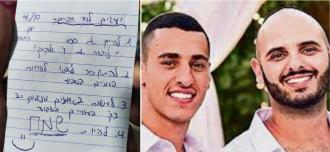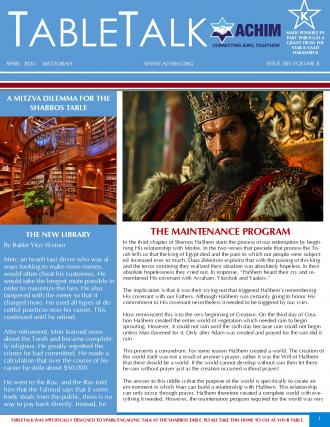Some literacy experts believe that more than 60 percent of Maryland public school students are reading below grade level due, in part, to the failure of educators to diagnosis a learning disorder called dyslexia.
It's a message that grassroots organization Decoding Dyslexia Maryland has been trying share for years.
Students who have problems with word recognition and poor spelling often go unnoticed.
"Dyslexia is trouble with reading, trouble with words, trouble with writing, and it looks a little bit different for each child, but they all have things in common. They struggle to learn to read," said Laura Schultz of Decoding Dyslexia Maryland.
Parents are pushing for change. They came from across the state to Annapolis Thursday to share their stories of frustration, and hopefully get lawmakers to listen.
"It wasn't working and I would go to the school (and say), 'There's something wrong, there's something wrong,' and they kept on insisting she was fine," said Baltimore County parent Liz Hembling.
"I knew something was wrong early on. I would go to my mom every day after school. This was in second grade and I would say 'Mom, I can't read this,'" said student Mia Hembling.
Decoding Dyslexia Maryland is supporting two bills that would require colleges go a step further in preparing teachers for the classroom.
"If teachers don't have the knowledge about the science of reading, then they can't recognize why a child is having difficulty and they won't know what to do to help that child read," said Ellen Stein of Right to Read Maryland.
It's an issue the group says is now being recognized by more and more Maryland parents.
"She can get accommodations and services, but if it's not geared toward dyslexia or multi-sensory reading approach, then they won't progress," said Baltimore City parent Winifred Winston.
Parents said they will continue to look for signs of improvement from their children and from those who can help make a difference.
Both dyslexia bills are set for hearings in Annapolis later this month.











